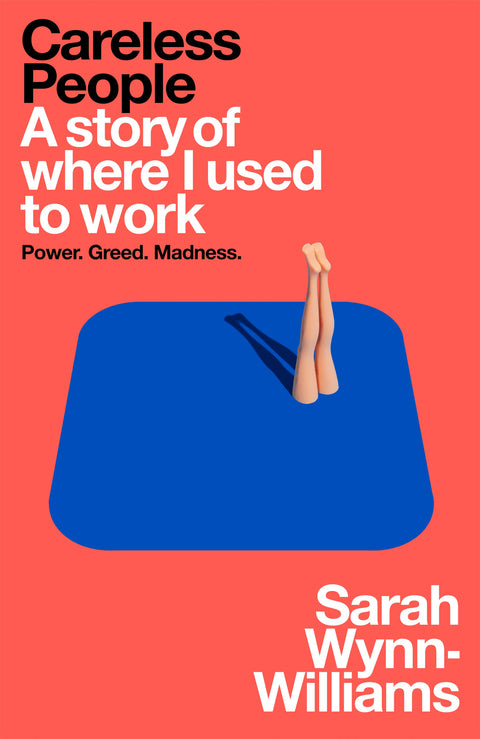In the early 2010s, Facebook was a company with scale but not the confidence that it has today. The people at Facebook were only focused on growth and did not think about the second and third-order effects that could be caused by the company and its product.
In this whistleblower account masquerading as a memoir, Sarah Wynn Williams, one of the first people to be employed in the Facebook policy team, takes us deep into how the executive teams operated and made decisions at Facebook. As a person responsible for engaging with governments and enabling the kinds of conversation that would help keep Facebook out of the crosshairs of policymakers, she was privy to many of the compromises the company made to keep itself out of trouble.
The book begins with her life and what got her interested and brought her to Facebook. As someone who was working at the UN on behalf of the New Zealand government, she saw Facebook’s impact on the world and the role she would be able to play as a “Diplomat” for Facebook rather than that of New Zealand.
She set her sight on this role at Facebook and got them to create this position in the company for her. At first, the entire executive team at Facebook was quite dismissive of the role and the department in general. Everything in Facebook is driven by engineering concerns, and the focus was on growth at all costs. As the growth opportunities in the United States were exhausted and the need to focus on other countries rose, the role of the policy team came into focus.
Starting with attempts to open up Myanmar, then China, and the push to make governments adopt Internet.org. Facebook comes across as a company that is desperate for growth and willing to get into bed with any regime so long as it would deliver a few more million users.
By 2016, it was clear that Facebook could influence the outcome of elections and had incredible power. The only thing that seems to have grown with that level of power is the carelessness with which things were approached within the company.
When you read the accounts, the only word that comes to your mind to describe the leadership at Facebook is not malicious but indifferent. They do not care about the real-world consequences of their actions. So long as they produce profits and pay as little tax as possible, they know they have power. They are content with exercising that power to ill-treat those who are often within arms-length rather than create some global agenda.
Everything bad that happens around the world because of the actions or the inaction of Facebook is the result of the pursuit of more revenue at a lower cost. Everything else is an externality.
Unlike Bill Gates, Mark Zuckerberg is painted as too stupid and whimsical to have grand plans. His only goal seems to be higher valuations. If protests are stoked in Myanmar, and a few hundred people die in the pursuit, it is merely the cost of doing business.
As I said in the beginning, the book is a whistleblower account masquerading as a memoir. This makes it rather entertaining. But it is a damning indictment of executives at Facebook.


